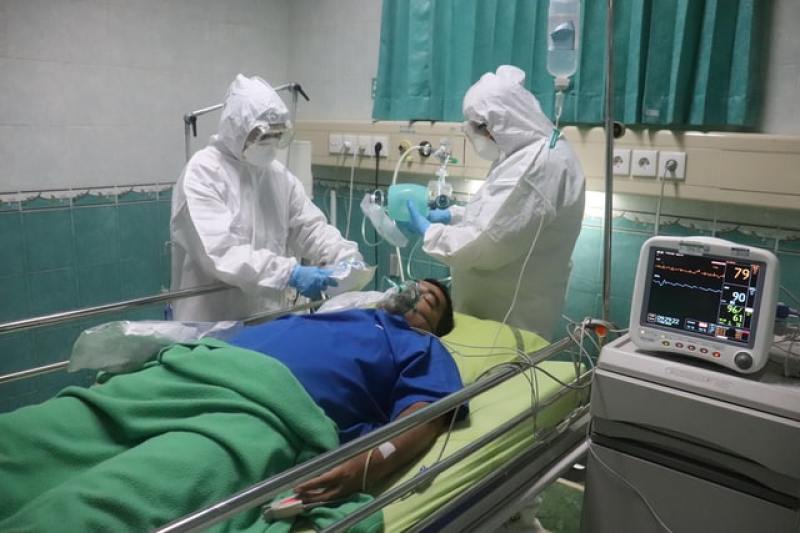
Mexico as a whole has seen a steady decline in COVID-19 cases due to a number of factors, such as increased immunity from natural infections or vaccination, and the prescription of affordable medicine such as ivermectin in its capital city. The nation's success over COVID-19 has caused a gradual easing of lockdown measures, enabling children to go back to school and adults to attend sporting events and tournaments without fear of being around large crowds.
The country's overall outlook is "hopeful," epidemiologist Alejandro Macias, who spearheaded Mexico's fight against the swine flu pandemic in 2009, told Channel News Asia. The country saw the fourth highest COVID-19 death toll of more than 222,000, but following a surge in January, cases have steadily declined for three months.
The massive drop in COVID-19 cases led its President Andres Manuel Lopez Obrador to declare, "The pandemic continues to lose strength."
From a peak of around 1,800 deaths per day, it is now on average 200. While authorities are attributing it to vaccination, some attribute the decline to the prescription of cheap medication such as ivermectin.
According to LifeSite News, Mexico City's initiative to prescribe ivermectin to patients afflicted with COVID-19 contributed to a 52% to 76% decrease in hospitalizations. These findings were the result of research conducted by the Mexican Digital Agency for Public Innovation (DAPI), Mexico's Ministry of Health, and the Mexican Social Security Institute (IMSS).
During the summer of 2020, the Mexican government felt that the hospital capacity may not be able to bear the brunt of surging cases so they increased testing from about 3,000 to 24,000 antigen tests every day in November. City Ministry of Health head Oliva López then decided to empower doctors to prescribe ivermectin and azithromycin to help treat patients with COVID-19.
"The Ministry of Health has identified that there is enough evidence to use in people positive for SARS-CoV-2, even without symptoms, some drugs such as ivermectin and azithromycin," López said in a press conference. The government went on to develop a home treatment kit that included ivermectin in December after seeing a surge of new COVID-19 cases. Those who tested positive for the disease received the ivermectin-based treatment kits beginning December 29.
Later, the government of Mexico launched a study to track the effect of the ivermectin-based home treatment kit led by the Mexico Ministry of Health, DAPI, and IMSS. The phone-based monitoring program traced patients who were positive for COVID-19 with an antigen test. The study analyzed 200,000 patients in two groups, those who received ivermectin and those who did not. The result revealed that those who took ivermectin had a 52% to 76% rate of success in preventing hospitalization from COVID-19.
According to WND, the study findings were corroborated by Dr. Juan J. Chamie-Quintero from EAFIT University, a private university in Colombia's second largest city of MedellÃn. Dr. Chamie-Quintero led a similar study in Peru, where the local government approved the use of ivermectin to treat COVID-19 in May 2020. Like in Mexico City, COVID-19 deaths decreased on average by 59% in 24 Peruvian states that allowed the user of ivermectin. It even decreased deaths by 75% among those 60 years old and above after 45 days.
After analyzing 18 randomized controlled treatment trials, the American Journal of Therapeutics concluded that ivermectin contributed to "large, statistically significant reductions in mortality, time to clinical recovery, and time to viral clearance" in patients with COVID-19.



















